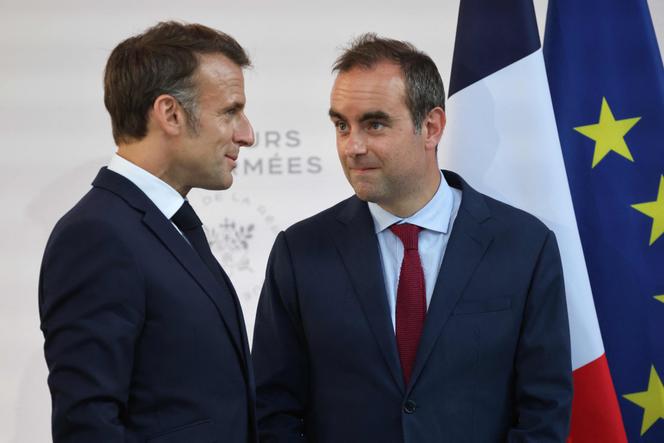


In the end, the prime ministerial vacuum only lasted a few hours. There were no prior consultations at the Elysée, nor a solemn address delivered by the president to the French people. On Tuesday, September 9, Emmanuel Macron broke with the usual, often lengthy and convoluted protocol that has characterized the appointments of the six prime ministers who have served him since 2017, from Edouard Philippe to François Bayrou, who was ousted on Monday after the historic failure of his confidence vote in the Assemblée Nationale. Shortly before 8 pm, the Elysée issued a press release confirming a rumor that had been steadily growing: the defense minister, Sébastien Lecornu, would be appointed prime minister, the fifth person in that role since Macron's 2022 re-election. The president tasked him "with consulting the political parties represented in Parliament with a view to adopting a budget for the nation and constructing the agreements essential for the decisions of the coming months."
Was Macron that eager to break with the Bayrou era? By appointing one of his closest loyalists to the premiership, a man 35 years younger than his predecessor, the president aimed to revitalize his second term, which has been paralyzed by mounting difficulties all linked to his lack of a majority of supporting MPs in the Assemblée.
You have 88.08% of this article left to read. The rest is for subscribers only.
